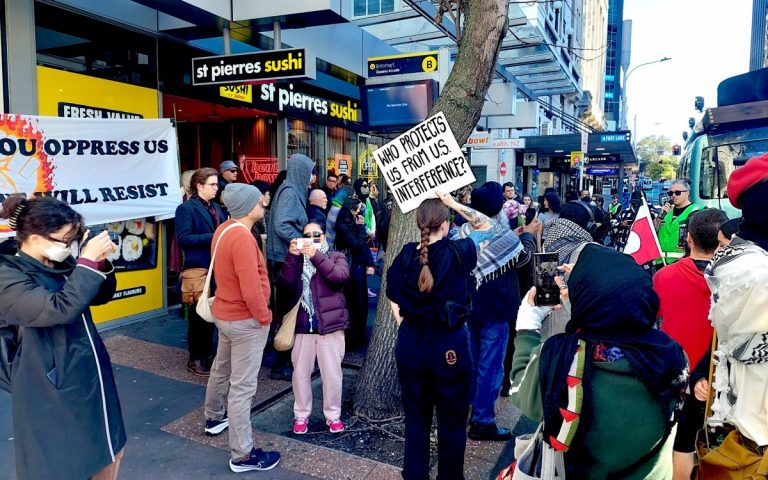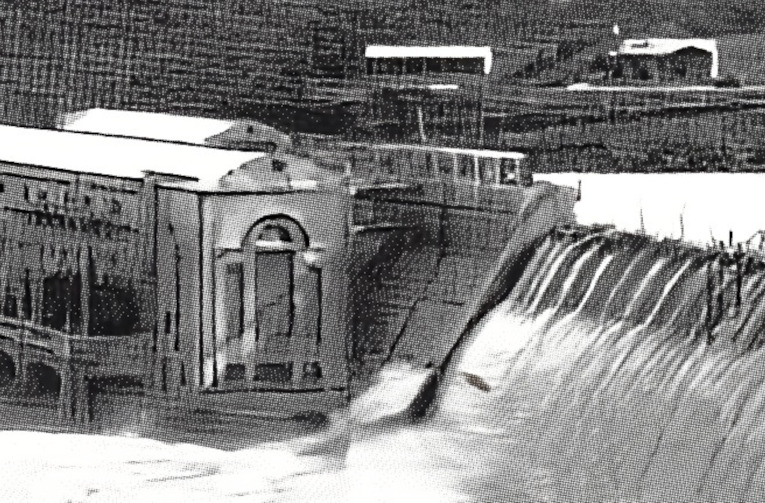With Five Eyes On China, FBI Bulks Up In New Zealand
The opening of a Federal Bureau of Investigations standalone office in New Zealand has caused widespread opposition, sparking a protest outside a U.S. consulate and vows by opposition parties to have it closed.
F.B.I. Director Kash Patel announced his organisation’s upgraded presence in the South Pacific nation on July 31, during a visit to Wellington, standing alongside senior government officials in its parliamentary building, The Beehive.
He told media:
“Some of the most important global issues of our times are the ones that New Zealand and America work on together — countering the CCP [Chinese Communist Party] in the Indo PACOM theatre, countering the narcotics trade, working together against cyber-intrusions and ransomware operations and, most importantly, protecting our respective citizenry.”
The F.B.I. operates legats, or legal attaches, across the world, allowing the organisation to coordinate with domestic law enforcement agencies, government officials and intelligence partners.















